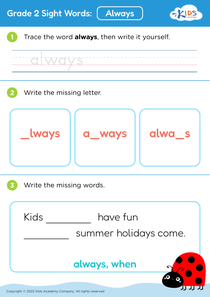Songs worksheets activities for Grade 2
17 filtered results
-
From - To
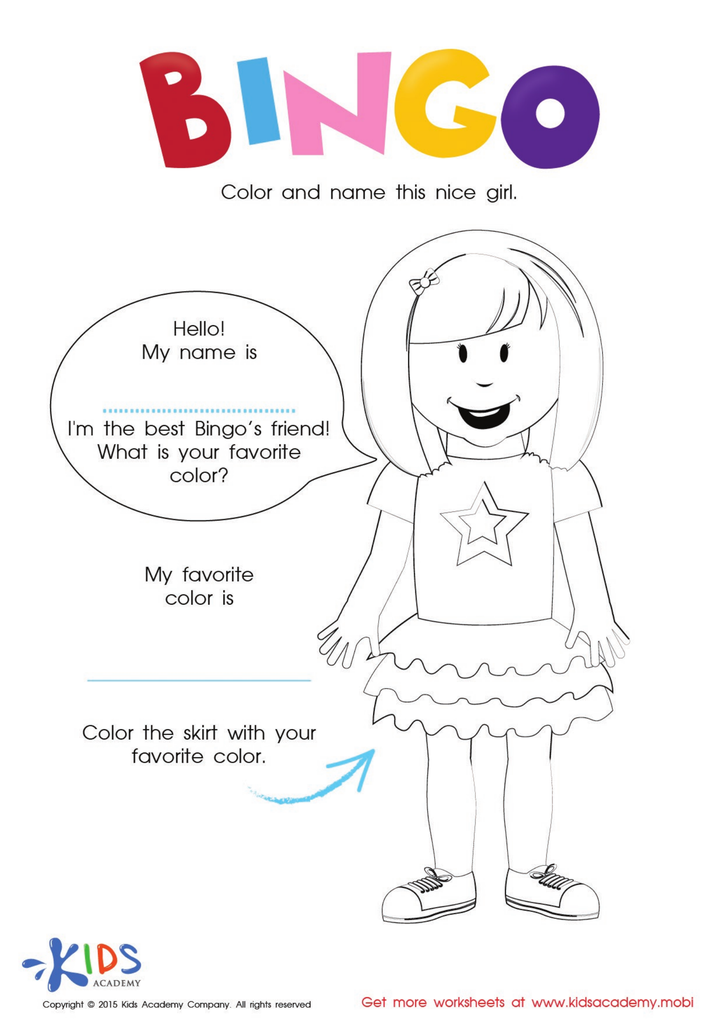

The Bingo Song: Coloring The Girl Worksheet
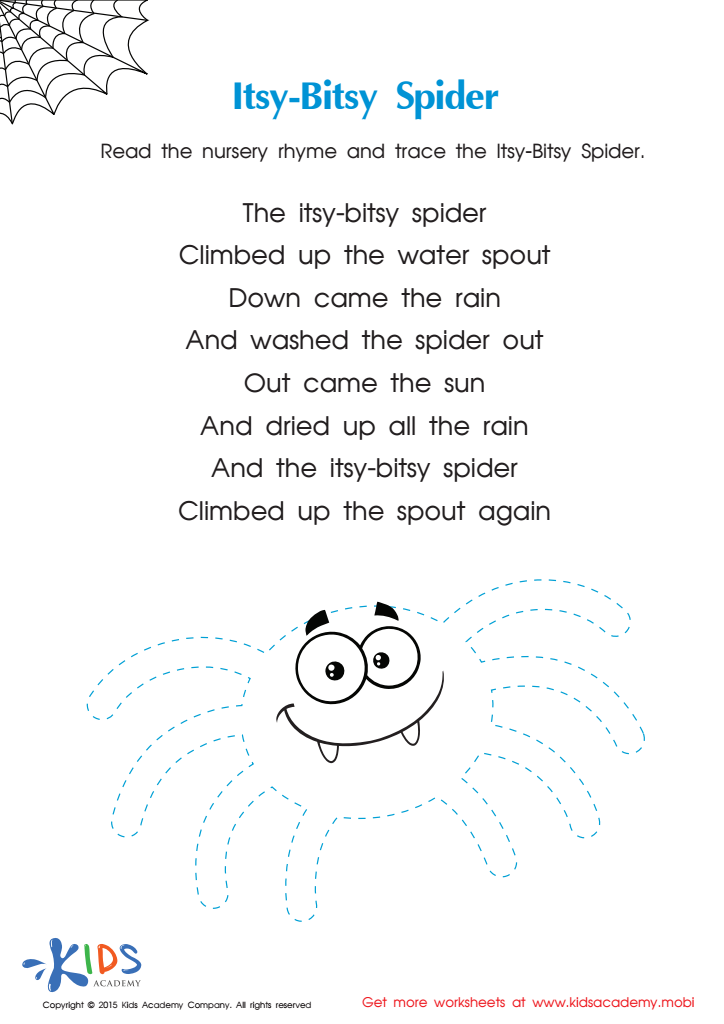

Itsy Bitsy Spider Nursery Rhyme PDF Worksheet
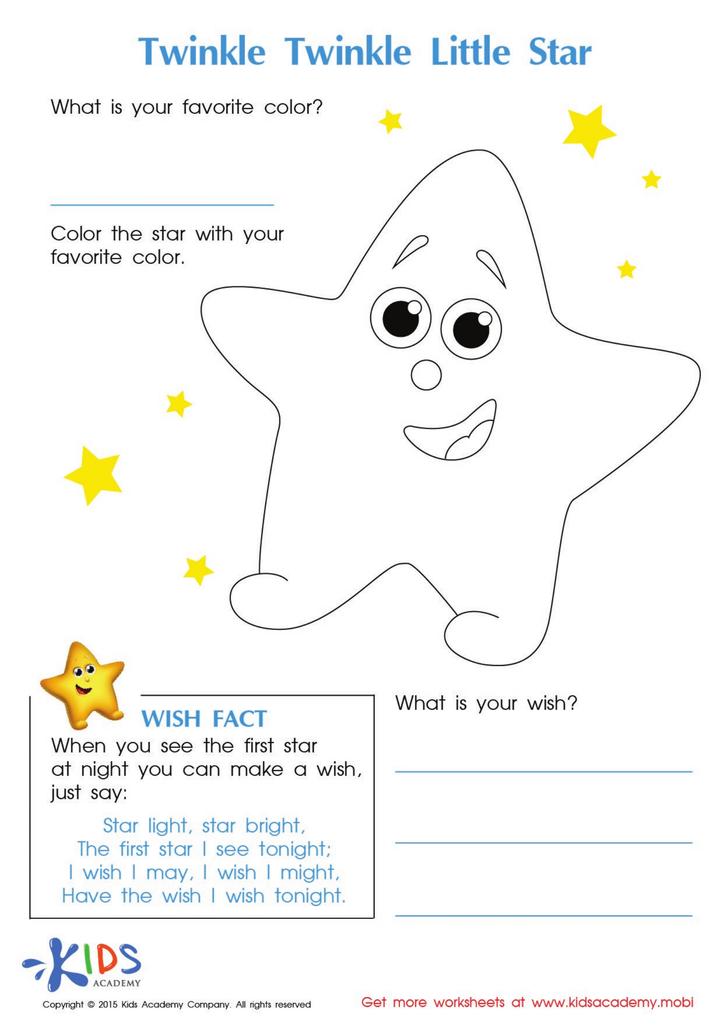

Twinkle Little Star Coloring Worksheet
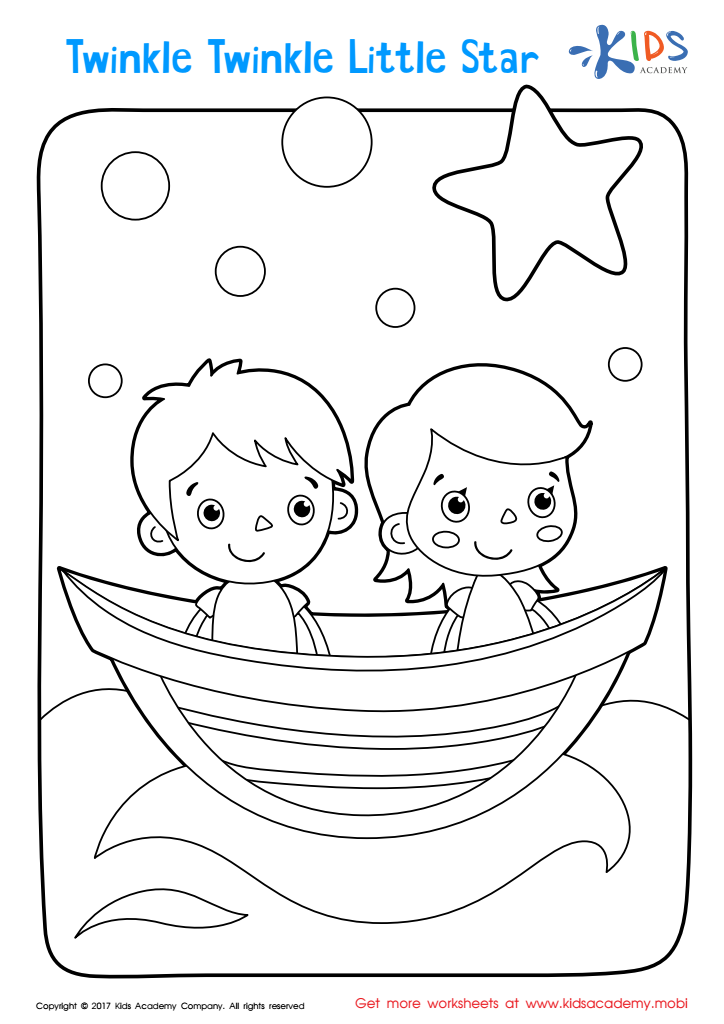

Twinkle Twinkle Little Star Coloring Page
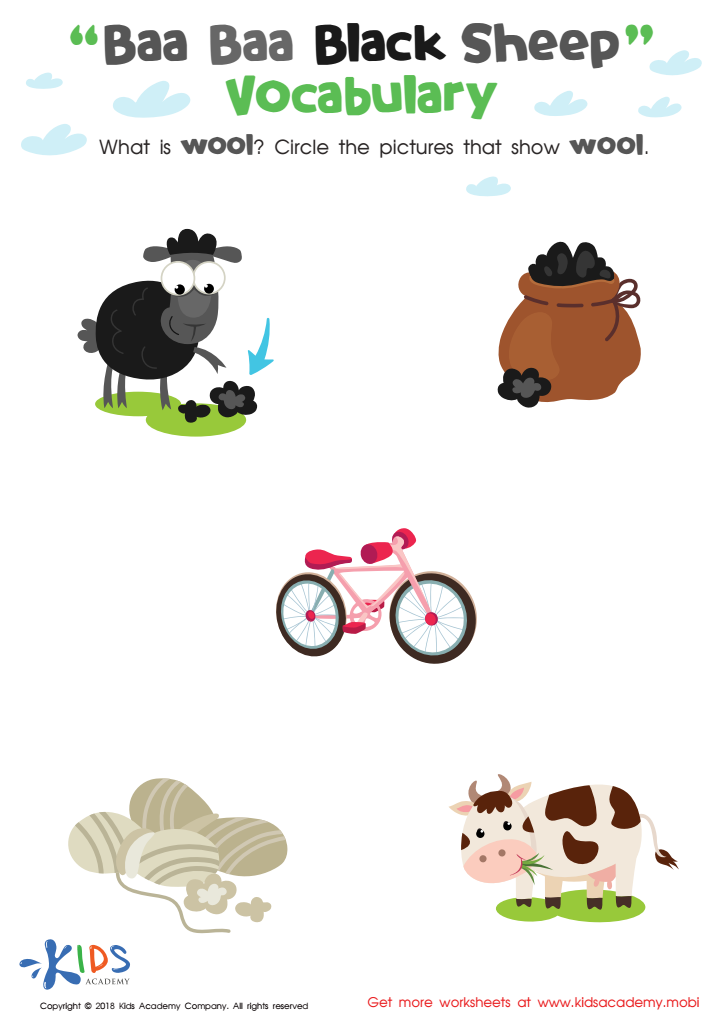

Baa Baa Black Sheep: Vocabulary Worksheet
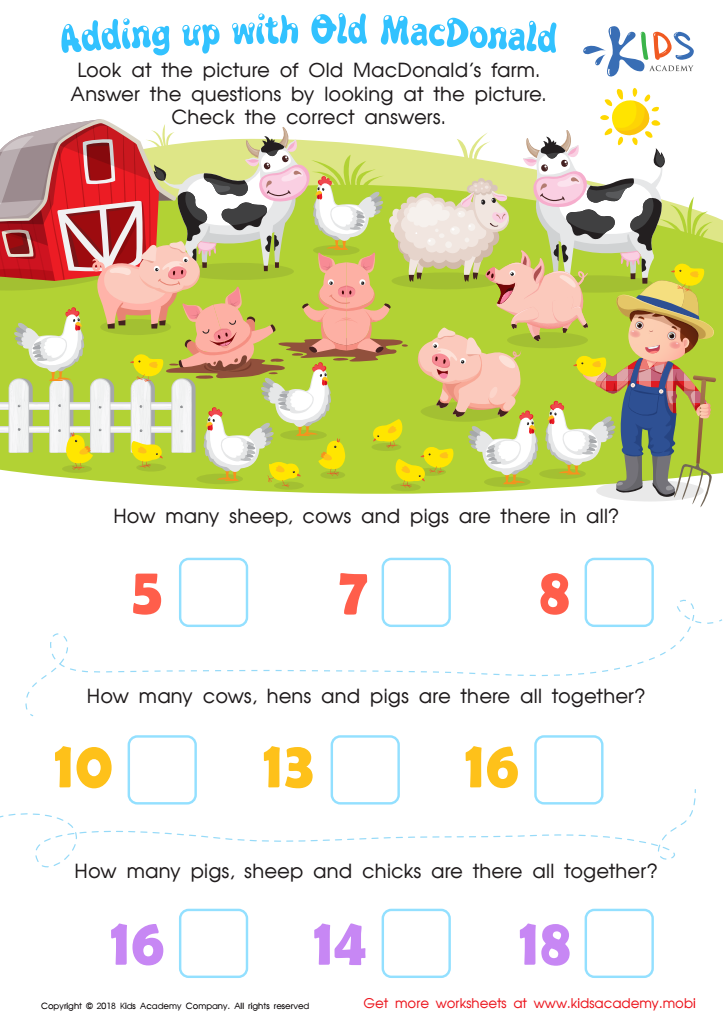

Adding Up with Old MacDonald Worksheet


The Five Little Monkeys Nursery Rhyme Worksheet
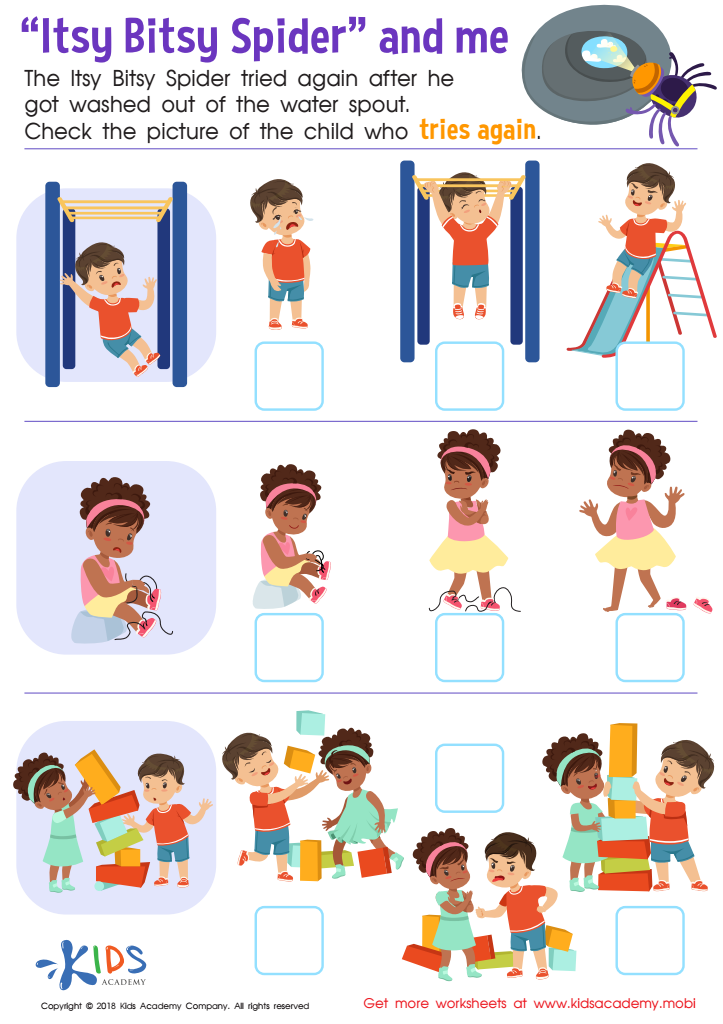

Itsy Bitsy Spider and Me Worksheet
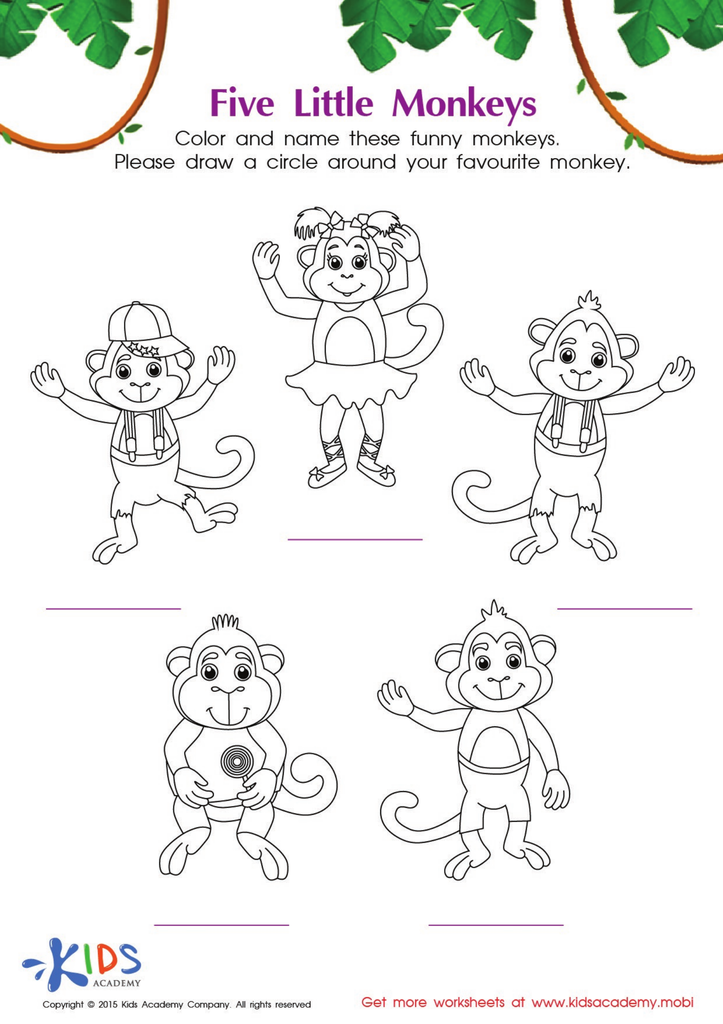

The Five Little Monkeys Coloring Worksheet
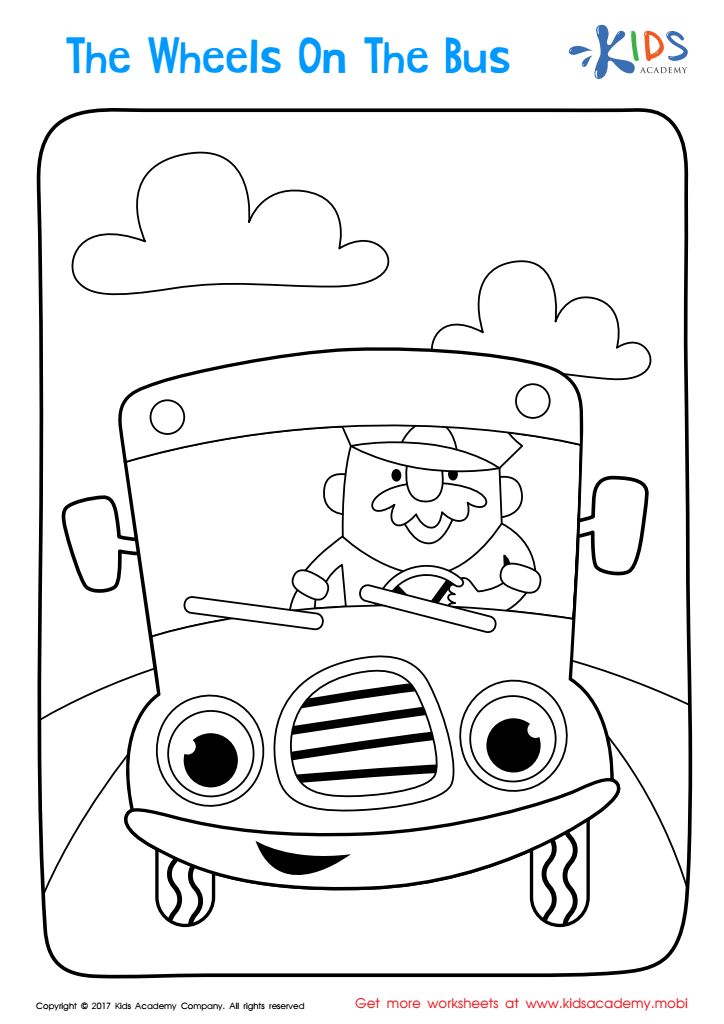

The Wheels on the Bus Coloring Page
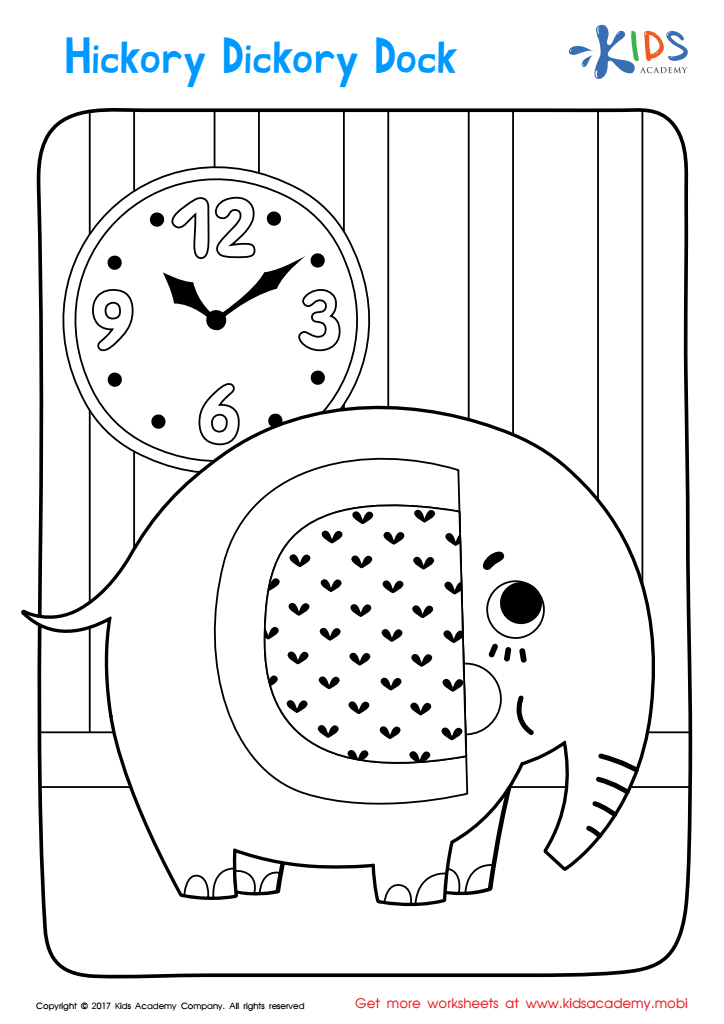

Hickory Dickory Dock Coloring Page
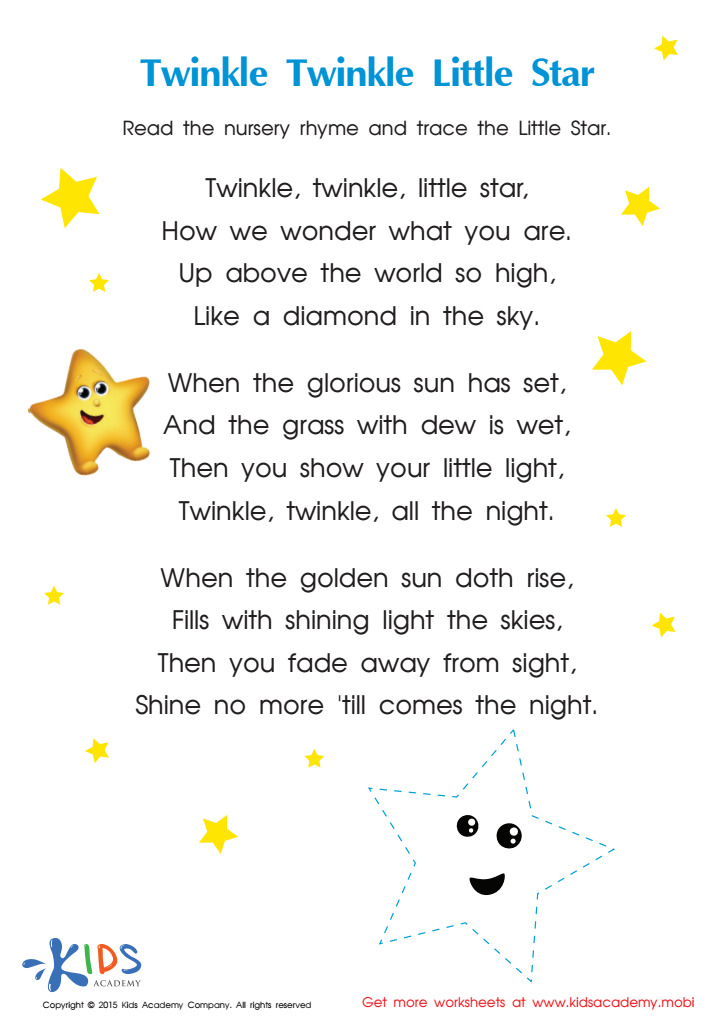

Nursery Rhymes: Twinkle Little Star Worksheet
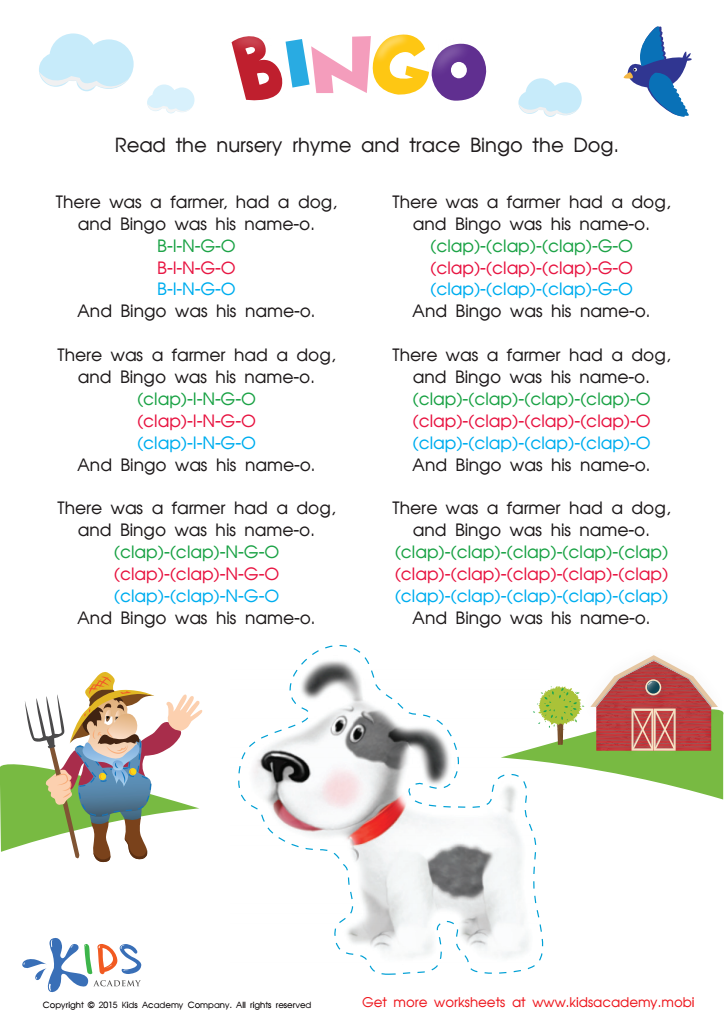

Nursery Rhymes: The Bingo Song Worksheet
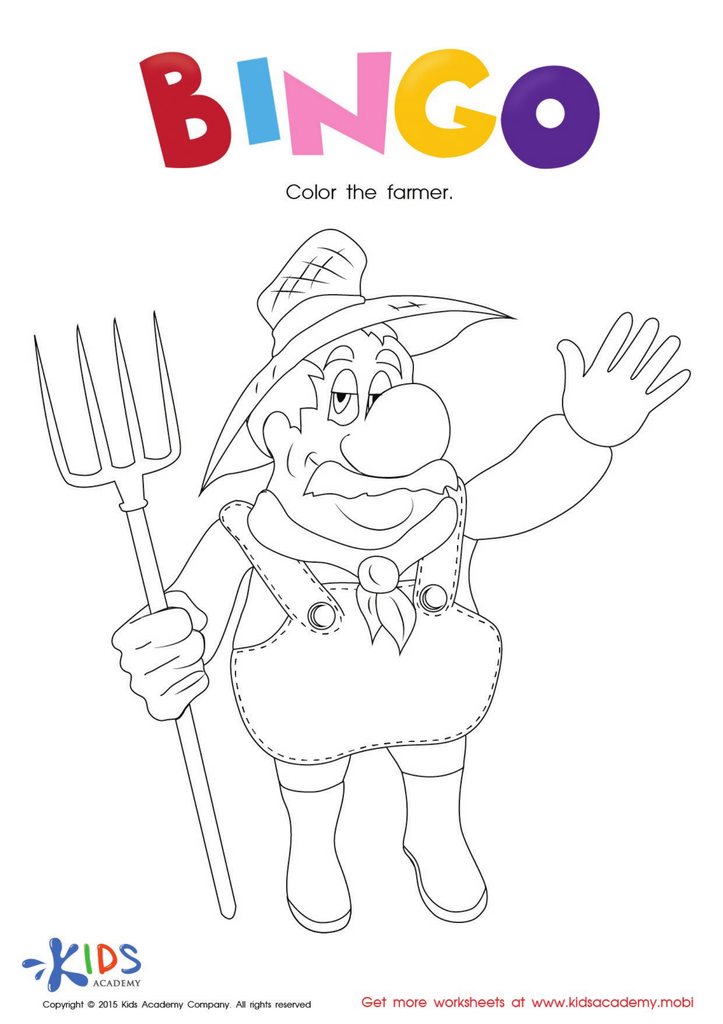

The Bingo Song: Coloring The Farmer Worksheet
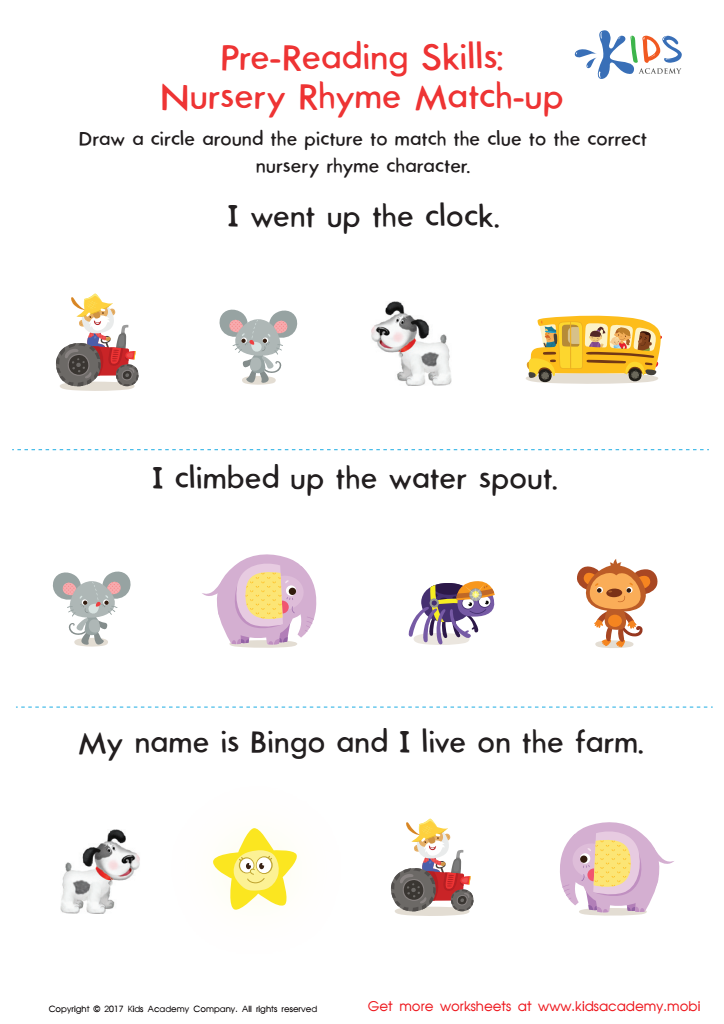

Nursery Rhyme Match–Up Worksheet
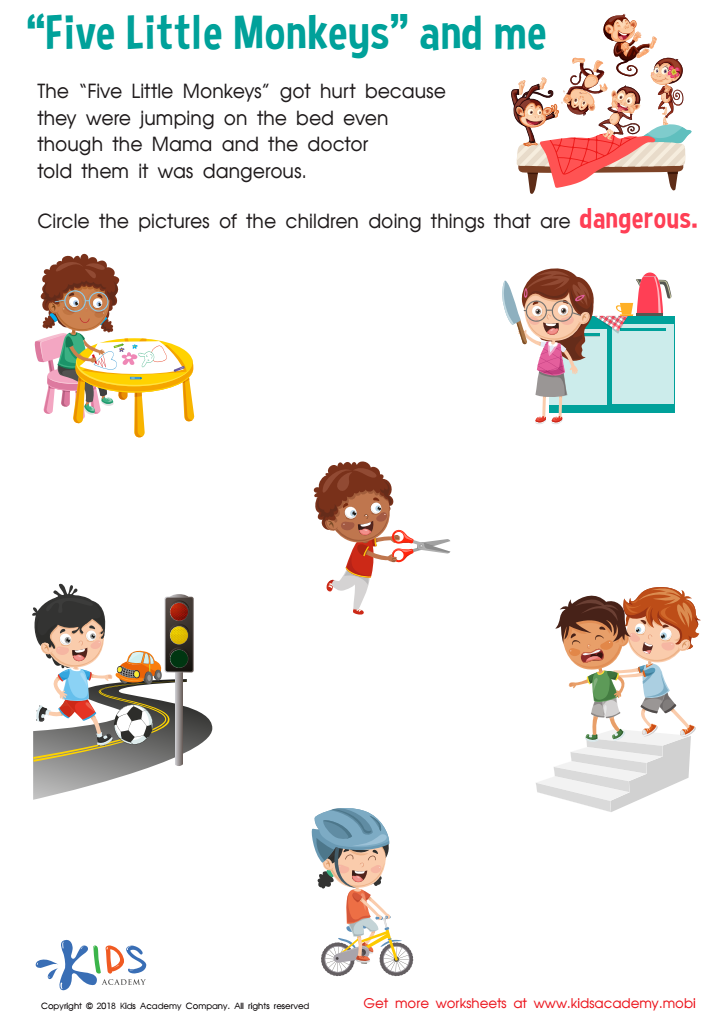

Five Little Monkeys and Me Worksheet
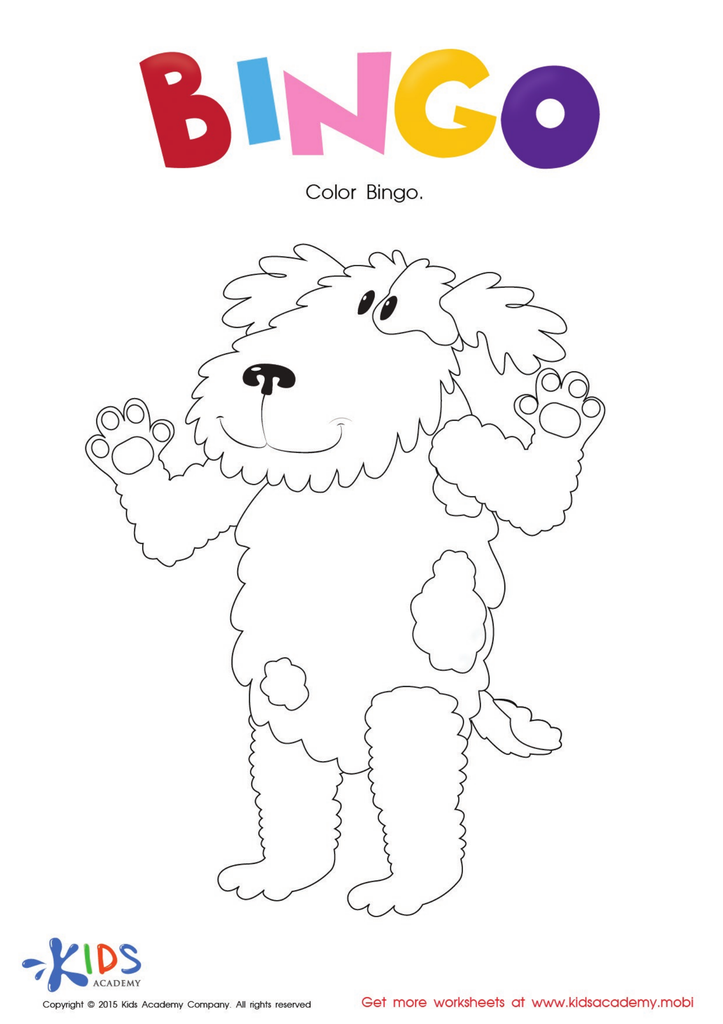

The Bingo Song: Coloring The Dog Worksheet
Songs worksheets activities for Grade 2 present an innovative and engaging approach to learning, making them a valuable tool in the educational journey of young students. In the bustling world of a second grader, where curiosity meets a blossoming understanding of the world, integrating music through songs worksheets activities offers a unique blend of enjoyment and education that resonates well with children at this age.
Firstly, songs inherently carry a rhythm and melody that can enhance memory retention in Grade 2 students. As they sing along and complete associated worksheets, the catchy tunes and repetitive nature of songs facilitate easier recall of the educational content embedded in the lyrics. Whether it's learning about numbers, the alphabet, or social studies, songs worksheets activities for Grade 2 make the learning process more memorable.
Furthermore, these activities are instrumental in developing a wide array of skills beyond just the academic. For example, songs encourage linguistic development through the introduction of new vocabulary and phrases within an engaging context. This not only expands the students' language capabilities but also fosters a love for learning new words and expressions.
Moreover, integrating songs into the curriculum promotes inclusivity by catering to different learning styles. While some students may thrive through visual or textual content, others might find that auditory learning through music enhances their understanding and retention of information. Songs worksheets activities, therefore, offer a multifaceted approach to learning that can accommodate the diverse needs of a Grade 2 classroom.
In addition to cognitive benefits, these activities also support social and emotional development. Singing together fosters a sense of unity and collaboration among students, while the themes explored in songs can help them understand and express their emotions more effectively.
In conclusion, songs worksheets activities for Grade 2 are not just a fun addition to the classroom; they are a powerful educational tool that supports cognitive, linguistic, social, and emotional development. Through the joyful medium of music, children can explore a vast array of subjects and skills, making their learning experience both effective and enjoyable.

 Assign to the classroom
Assign to the classroom









